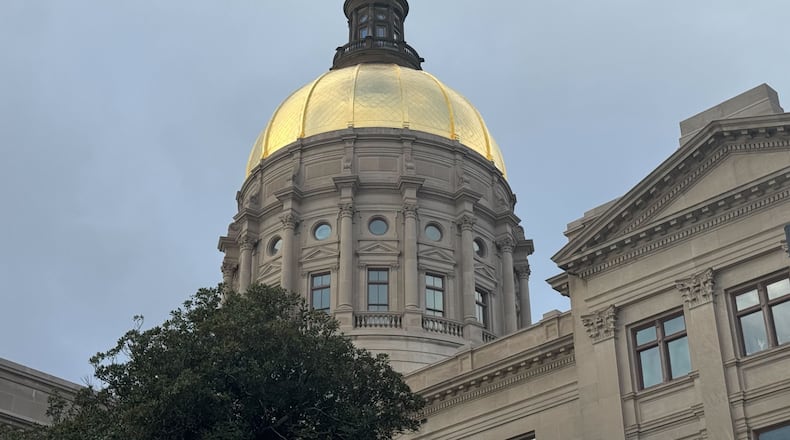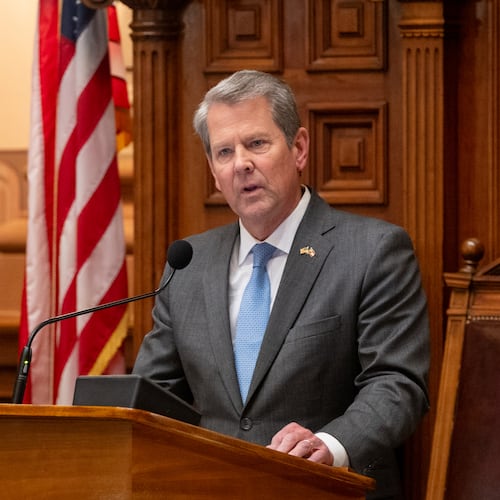A proposed revamp of Georgia’s campaign finance reporting system would shield the home addresses of elected officials and candidates from public disclosure.
The move follows a rash of threats and hoax 911 calls targeting public officials in Georgia and across the nation.
Senate Bill 199 also would decrease the number of election-year reports candidates must file and make other changes to a system designed to give Georgia voters information about the people they elect to oversee state and local governments and the sometimes-powerful interests that bankroll their campaigns.
David Emadi, executive director of the State Ethics Commission, which enforces campaign finance laws, said the bill would standardize campaign and lobbyist reporting requirements and “lead to more consistent compliance with state law.”
“Ultimately, we just want to ensure financial and campaign information, from statewide on down to local officials, is available to the public, and this bill will help do that,” Emadi said in a statement Monday.
Credit: Miguel Martinez/AJC
Credit: Miguel Martinez/AJC
The bill passed the Senate Ethics Committee unanimously Tuesday.
SB 199 would require candidates for state and local offices in Georgia to disclose their contributions four times each year: Jan. 31, April 30, July 31 and Oct. 20. Currently, they must report their contributions six times during election years and twice during nonelection years. The schedule is different for various offices.
The bill also standardizes the reporting schedule for candidates and public officials to disclose some details of their personal finances. They would file each year by April 1. And it standardizes the schedule for lobbyists to report their activities to once a month.
The ethics commission would be prohibited from accepting or rejecting complaints against candidates for 60 days to an election — up from 30 days under the current commission policy. Candidates have complained that political rivals use frivolous complaints as campaign weapons.
The provision that would prohibit the ethics commission from disclosing the home addresses included in the filings of candidates and elected officials is expected to draw scrutiny.
No one spoke against it Tuesday. In the past, open government advocates have objected to shielding information about public employees from disclosure, saying it could make it harder to uncover wrongdoing by public officials.
Another concern is the bill could make it more difficult for voters to determine whether candidates actually live in the districts they’re seeking to represent. At Tuesday’s ethics committee meeting, Emadi said challenges to candidates’ residency almost always come from people who have personal knowledge of where candidates live or from opposing campaigns. He said he does not believe SB 199 would affect residency challenges.
SB 199 now goes to the rules committee, which will determine when and if it gets a vote from the full Senate.
About the Author
Keep Reading
The Latest
Featured





